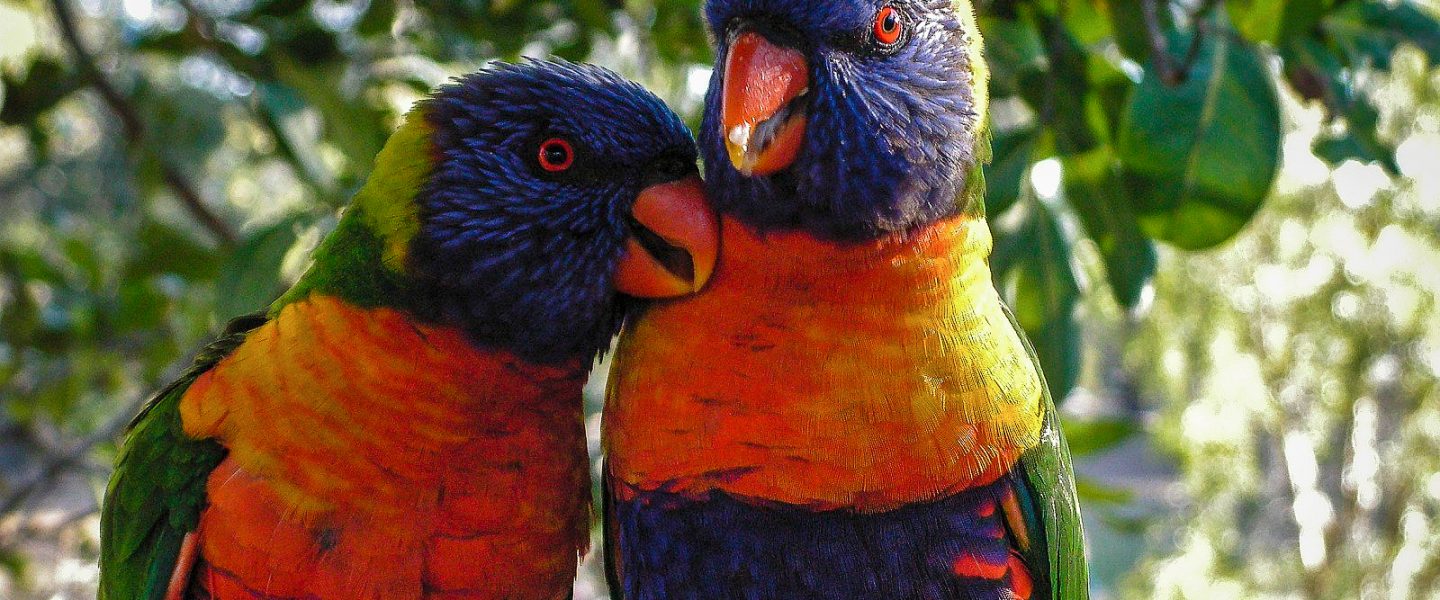Show the Earth Some Love on Valentine’s Day
PICKS are stories from many sources, selected by our editors or recommended by our readers because they are important, surprising, troubling, enlightening, inspiring, or amusing. They appear on our site and in our daily newsletter. Please send suggested articles, videos, podcasts, etc. to picks@whowhatwhy.org.
|
Listen To This Story
|
Show the Earth Some Love on Valentine’s Day (Maria)
The author writes, “Valentine’s Day is about celebrating love, and, whether that’s love for a partner, friend or family member, Valentine’s Day is a wonderful time to let people know you care about them. There are many ways to do this sustainably, ethically, and with love for the Earth. Here are some sustainable ideas for Valentine’s Day gifts.”
Rampant COVID Poses New Challenges in the Fifth Year of the Pandemic (Sean)
From Scientific American: “COVID-causing pathogen SARS-CoV-2 has been the elephant in every room—sometimes confronted and sometimes ignored but always present. While once we dreamed of eradicating COVID, now much of society has resigned itself to SARS-CoV-2’s constant presence—a surrender that would once have been unthinkable. Worldwide, there were more than 11,000 reported deaths from COVID between mid-December 2023 and mid-January 2024, and more than half of those deaths occurred in the U.S. In that same time frame, nearly one million cases were reported to the World Health Organization globally.”
As Biden’s Memory Issues Draw Attention, Neurologists Weigh In (Reader Jim)
The authors write, “Since a report released on Thursday by special counsel Robert Hur described President Joe Biden as an ‘elderly man with a poor memory,’ there have been significant misperceptions about the cognitive changes associated with aging, neurologists say. The report on Biden’s handling of classified documents noted that the president hadn’t remembered the exact time frame that he served as vice president and was struggling to recall the period when his late son, Beau Biden, had passed away. … There’s also been scrutiny of other recent events when the 81-year-old president mixed up names of foreign leaders. However, neurologists say blanking on the names of acquaintances or having difficulty remembering dates from the past, especially when under stress, can simply be part of normal aging.”
Hawaii Top Court Upholds Gun Laws, Criticizes Us Supreme Court (DonkeyHotey)
From Reuters: “The Hawaii Supreme Court has upheld the state’s laws that generally prohibit carrying a firearm in public without a license — and in the process criticized the conservative-majority US Supreme Court’s rulings that have expanded gun rights. Justice Todd Eddins wrote in a unanimous 5-0 decision last Wednesday that under the US Constitution’s Second Amendment, ‘states retain the authority to require individuals to have a license before carrying firearms in public.’ The court, comprised of three appointees of Democratic governors and two Republican-appointed judges, said it disagreed with the US Supreme Court’s recent rulings interpreting the right to keep and bear arms under the Second Amendment.”
Six Women Reveal Why They’re Stocking Up on the Abortion Pill (Dana)
The author writes, “Courtney, 27, learned about advance provision — a practice that involves ordering abortion pills as a precautionary measure — during a TikTok scroll. Once she found there were telehealth organizations safely shipping abortion pills to states with abortion bans, she sought her own supply. Living in Arkansas, where abortion is completely banned, paired with recently learning that she’d been taking a medication that had made her birth control ineffective, Courtney requested advance-provision pills. … Courtney is one of tens of thousands of women who weren’t pregnant, but obtained abortion pills out of fear of the future of abortion access, following the overturning of Roe v. Wade.”
Everyone Loses if the Affordable Connectivity Program Ends (Gerry)
The author writes, “The Affordable Connectivity Program (ACP), which provides subsidies for millions of Americans to access the internet and wireless services, is running out of money. The FCC will start freezing enrollments on February 8, 2024. Without additional funding, the end of the ACP will hurt everyone from low-income consumers to telecommunications companies and community organizations.”
A ‘Revolutionary’ Way to Feed the World That’s Very Old (Laura)
From The New York Times: “Cary Fowler once helped build an Arctic vault to save the world’s great variety of crop seeds from extinction. Now, as the State Department’s global envoy for food security, he is trying to plant a new seed in U.S. foreign policy. Instead of urging developing countries to grow only huge amounts of staple grains, like maize, as American policy has done for decades in Africa, Mr. Fowler is promoting a return to the great variety of traditional crops that people used to grow more of, like cowpeas, cassava and a range of millets. He calls them ‘opportunity crops’ because they’re sturdy and full of nutrients.”




